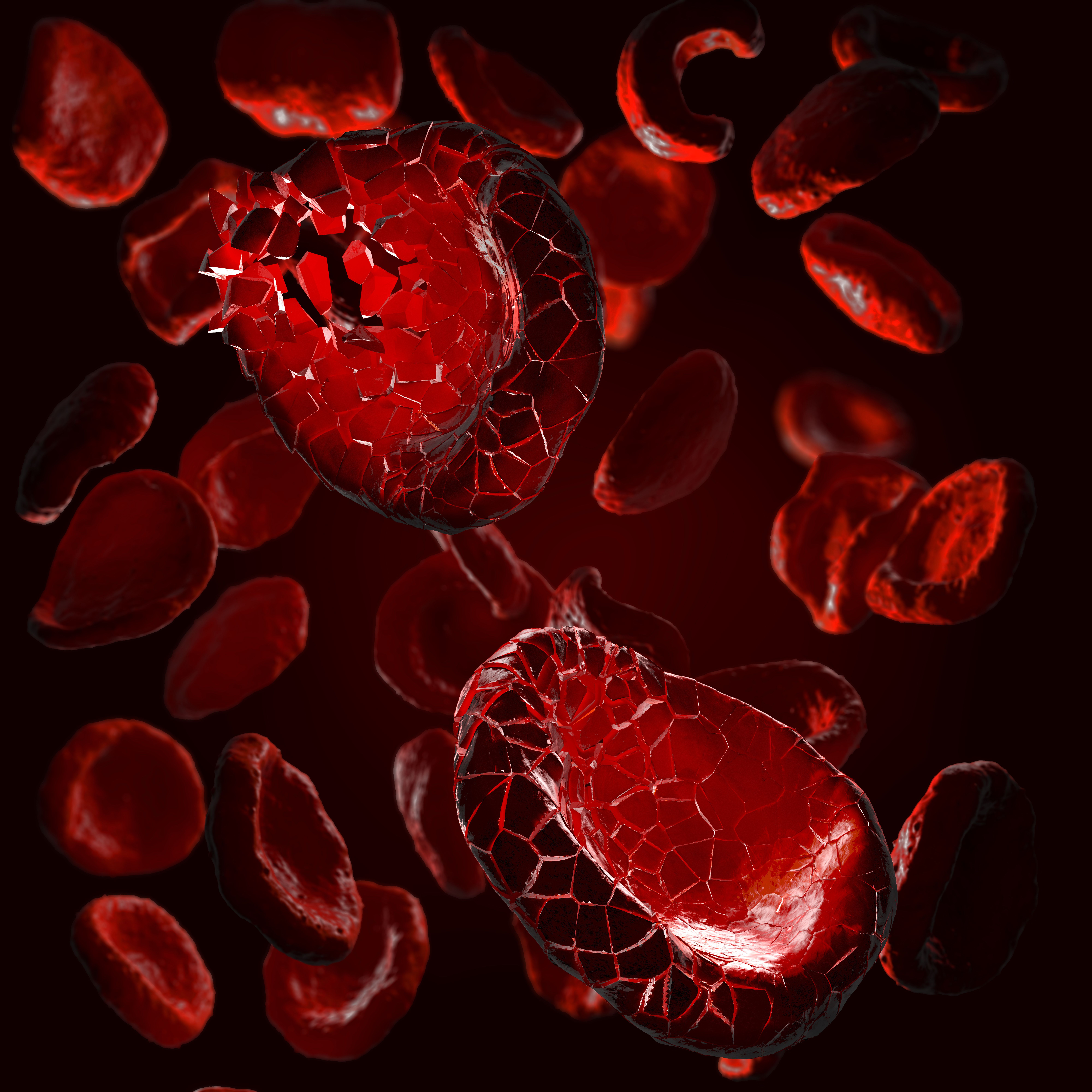First Patient Dosed in IMAGINE Trial Evaluating MT-101 in Patients With PTCL
Investigators of the phase 1/2 IMAGINE study, evaluating MT-101 in patients with refractory or relapsed peripheral T-cell lymphoma, have dosed its first patient.

Investigators of the phase 1/2 IMAGINE study (NCT05138458), evaluating MT-101 in patients with refractory or relapsed peripheral T-cell lymphoma (PTCL), have dosed its first patient, according to Myeloid Therapeutics Inc.
MT-101 is made with myeloid cells collected from the patient's blood which are then modified and later infused back into the patient’s veins. The modified myeloid cells are able to recognize the tumor cells and are designed to target and kill them.
The agent targeting the surface receptor, CD5, is the first mRNA engineered chimeric antigen receptor (CAR) monocyte (CAR-M) created by the company's proprietary ATAK platform. The ATAK CAR is designed to specifically promote broad anti-tumor activity.
"We are pleased to announce the initiation of dosing in the IMAGINE clinical trial, which represents a major milestone in our efforts to provide treatment with CD5 ATAK cells for patients with relapsed or refractory PTCL," said Michele Gerber, MD, MPH, chief medical officer of Myeloid, in a press release. "Currently, we are continuing through the dose-escalation cohorts of IMAGINE, which [are] designed to assess the safety and tolerability, optimal dose regimen, tumor penetration and preliminary efficacy of MT-101 in patients with PTCL. Following the conclusion of phase 1, we expect to expand quickly into the phase 2 portion of this study, which we designed to support registration of MT-101."
This open-label, first-in-human, multiple-ascending dose, multicenter, phase 1/2 study looks to test the safety, tolerability, and efficacy of MT-101 in patients with PTCL.
The research study is divided into 2 parts with the first looking to determine the safety and tolerability of the study drug product. Throughout this portion of the study, 3 groups of study patients will be examined with the first group receiving a low dose of cells, the second group receiving a higher dose of cells, and the third group receiving the higher dose of cells and lymphodepleting chemotherapy in order to reduce the number of T cells that are in the blood. The second part of the study will then administer cells with or without chemotherapy based on results of part 1. Safety, tolerability, and efficacy of MT-101 will be assessed within this portion of the study, and all patient groups will receive 6 doses of drug product over 3 weeks.
Enrollment is open to adults aged 18 and older with refractory or relapsed pathologically confirmed PTCL. Patients must have a CD5-expressing tumor by IHC or flow cytometry of tumor biopsy within 3 months of or at the time of screening, an ECOG performance status of 2 or less, and adequate organ function.
The primary end point is examining the safety and tolerability of MT-101, with secondary end points including MT-101 cell kinetics in blood and objective response rate. Other outcome measures of the trial consist of duration of response, progression-free survival, and overall survival.
According to the press release, at day 28, which is the primary end point for safety and tolerability, the dosed patient showed no dose-limiting toxicities, no cytokine release syndrome, and no immune effector cell-associated neurotoxicity syndrome. Additionally, the company achieved a reduced vein-to-vein time of 8 days with the dosing of this patient.
Currently, the dose-escalation portion of this study is open and enrolling patients. When the recommended phase 2 dose is found, a phase 2 trial will be initiated to support registration in this patient population.
"MT-101, Myeloid's leading mRNA-engineered monocyte, was advanced from conception and preclinical proof of concept to our first dose in humans in just 18 months. Importantly, this is the first instance of an engineered monocyte cell product delivered to a patient with a significantly reduced vein-to-vein time of just 8 days," stated Daniel Getts, PhD, chief executive officer of Myeloid, in the release. "Overall, this achievement highlights Myeloid's ability to produce scalable cell therapy products in an efficient manner, and we are optimistic about the impact this program can provide to PTCL patients and their families going forward."
References:
Myeloid therapeutics doses first patient with MT-101 in the IMAGINE phase 1/2 clinical study, marking the first-ever dosing of an mRNA engineered CAR monocyte to humans. News release. Myeloid Therapeutics, Inc.; May 11, 2022. Accessed May 13, 2022. https://bit.ly/3w8YRMY
A study of MT-101 in subjects with CD5+ relapsed/refractory PTCL (IMAGINE). ClinicalTrials.gov. Updated April 26, 2022. Accessed May 13, 2022. https://clinicaltrials.gov/ct2/show/NCT05138458?term=NCT05138458&draw=2&rank=1